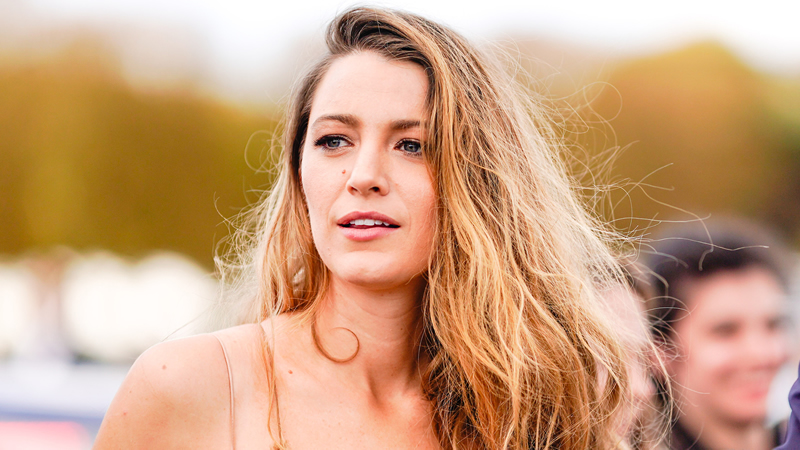Blake Lively has stepped forward to address the brewing controversy surrounding her latest film, It Ends With Us, particularly concerning its portrayal of domestic violence. The film has sparked a heated discussion, with some accusing the directors of glorifying a grave issue.
In a response via Instagram, the 36-year-old actress shared insights from the It Ends With Us viewer’s guide, countering the critical voices. Highlighting viewer feedback, Lively posted, “10/10 would recommend to watch it ends with us cause duuudeeee the message is so important and they did so well with the movie. That cast was crazy with good.”

Previously, Lively portrayed characters marked by resilience and strength, such as Lady Deadpool in Shawn Levy’s Deadpool & Wolverine. Discussing her role in It Ends With Us, she emphasized the empowering nature of her character. “She is not just a survivor, and she’s not just a victim, and while those are huge things to be, they are not her identity,” she stated on Instagram. “She defines herself and I think that’s deeply empowering. No one else can define you. No experience can define you. You define you.”

The film’s director, Justin Baldoni, has also spoken out amidst reports of a disagreement with Lively. Addressing the sensitive subject matter of the film, Baldoni expressed understanding for those who found the film’s thematic elements troubling. “I think that they are absolutely entitled to that opinion and it makes perfect sense as to why they would feel that way,” he remarked.
Baldoni further explained the complexity of adapting such themes within the confines of romantic cinema. “In today’s culture, many things are glorified, and we’re constantly fighting for attention,” he said. He empathized with those who have experienced similar traumas, adding, “If anybody has had that real-life experience, I can imagine how hard it would be to imagine their experience being in a romance novel. To them, I would just offer that we were very intentional in the making of this movie.”
The film, an adaptation of Colleen Hoover’s popular novel, aims to spark a broader conversation about personal identity and resilience in the face of adversity.



